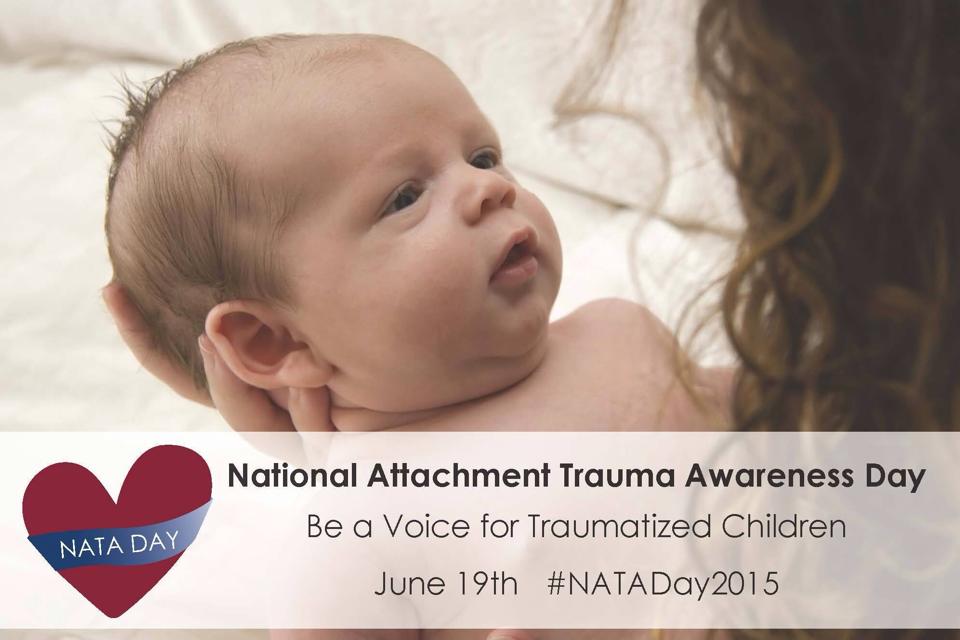I did not start out my parenting journey aware of early childhood trauma and the effects of poor attachment. I did not know that babies who experience high levels of stress, especially over a sustained period of time, have brains that do not develop “normally”. I did not know that children who have been through the trauma of physical/ emotional abuse/ neglect, might fail to develop a conscience or empathy. I didn’t know that baby’s connection to humanity is established through their connection to their mother in the earliest months of life. I didn’t know that the lack of that connection can seriously effect their ability to function successfully later in life.
All I knew in the beginning was that there was this sweet, blue eyed, 3 year old boy who seemed so sad and lost, and my heart bled for him. His own mother couldn’t be bothered calling at bedtime to say “goodnight” or to tell him she loved him. I didn’t know what his life with her had been like prior to my meeting his Dad.
But now, I know so much more than I ever imagined I would. I know how much our earliest nurturing can impact us the rest of our lives. I know that infants who’s needs are not met consistently, who do not feel safe and loved by their mother, can suffer from a variety of educational and social challenges. I know that alcohol and drug exposure in utero can increase the risk of developing these issues. I know that Attachment Disorder (AD) is a spectrum, and that there is very little awareness about it. I know the many symptoms of AD can be labeled as Attention Deficit Hyperactivity Disorder, Oppositional Defiant Disorder, Conduct Disorder, Fetal Alcohol Syndrome Disorder, Depression, Anxiety, Post Traumatic Stress Disorder, and more. I also know that traditional talk therapy and typical behavioral interventions not only don’t help, they make things worse.
It is not uncommon for children suffering from AD to lack a conscience, remorse, and empathy. They are impulsive and lack cause and effect thinking. They are master manipulators, often portraying themselves as victims in order to prey on the kindness of others for personal gain. They feel safe and in control when they are creating chaos for others. They lack resilience and social skills. They triangulate adults who try to help and nurture them. In essence, their thinking is distorted, they process information differently, and as a result, they can be dangerous to themselves and others. As we read about another senseless shooting in the news, I can’t help but wonder if the missing link connecting them all is brain dysfunctions stemming from early trauma and poor attachment. If that is the link that connects them all, how do we, as a society, fix this problem? There are no simple answers. I have been searching for years, and it is a complex issue. Even worse, children with AD often become teen parents and repeat the cycle with their own poor parenting and bonding abilities. How do we end the cycle and ensure all babies get the healthy start they need physically and emotionally? Awareness. So today, I start helping spread awareness.
Thank you for reading this.
~ anonymous
=====================
I didn’t write this piece. It is printed here with permission. Please respect the privacy of the author. ~ thanks for reading ~ Carl
This is posted to raise awareness. June 19, 2015 is National Trauma Awareness Day.

